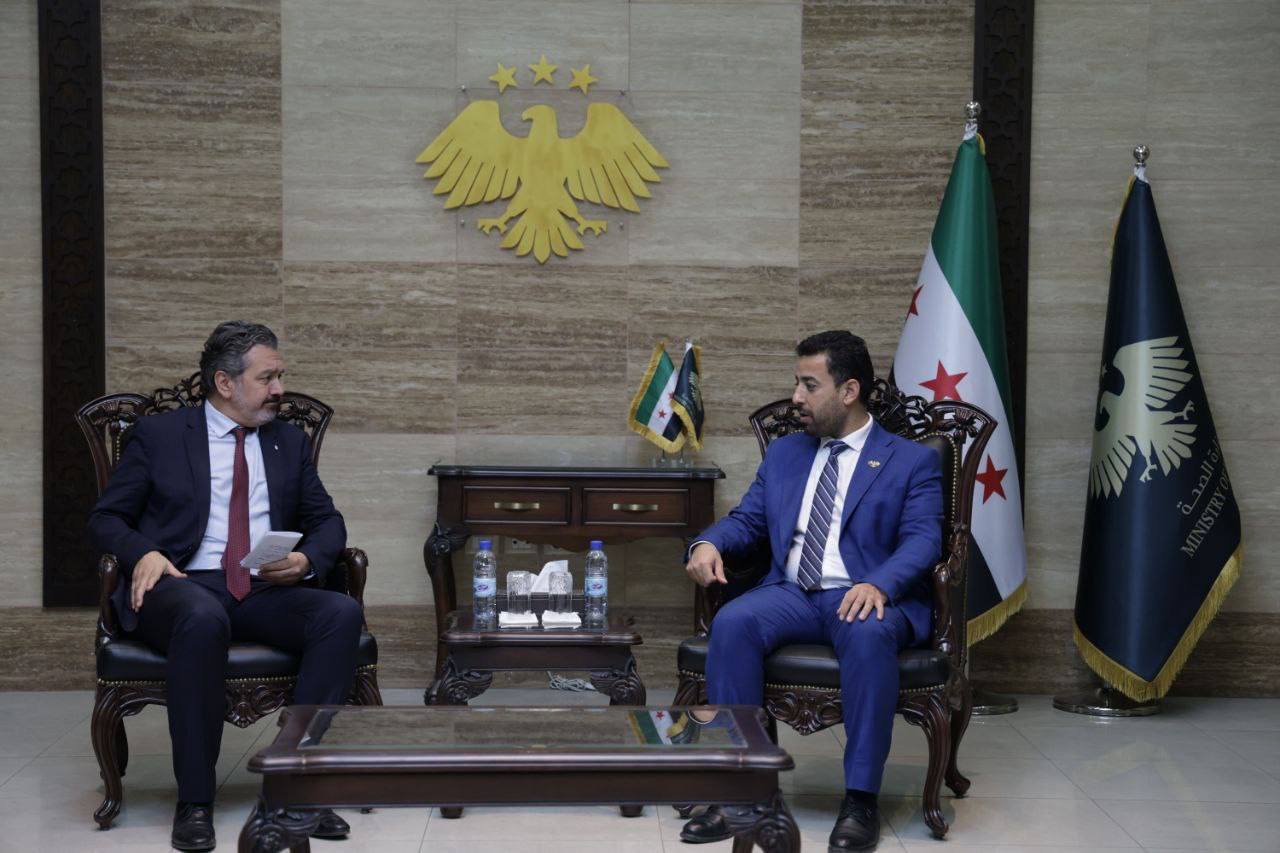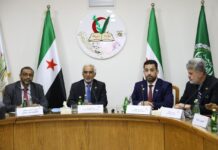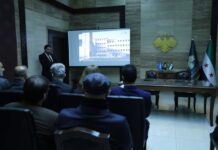 The Syrian Ministry of Health and the International Committee of the Red Cross (ICRC) reaffirmed their partnership during a meeting in Damascus aimed at enhancing cooperation in healthcare and humanitarian assistance. Health Minister Dr. Mousab al-Ali met with Stephan Sakalian, head of the ICRC mission in Syria, to discuss mechanisms for advancing coordination and addressing pressing priorities within the health sector.
The Syrian Ministry of Health and the International Committee of the Red Cross (ICRC) reaffirmed their partnership during a meeting in Damascus aimed at enhancing cooperation in healthcare and humanitarian assistance. Health Minister Dr. Mousab al-Ali met with Stephan Sakalian, head of the ICRC mission in Syria, to discuss mechanisms for advancing coordination and addressing pressing priorities within the health sector.
Partnership to Strengthen Forensic Medicine and Address the Missing
Minister Ali highlighted the importance of forensic medicine as a cornerstone of cooperation between the Ministry and the ICRC. He revealed that a memorandum of understanding on forensic medicine is currently under review to strengthen the framework of collaboration.
“The Ministry, through its Directorate of Forensic Medicine, works closely with the Ministry of Justice and the General Commission for the Missing,” Ali said. “All the resources and capabilities of the Ministry, despite their limitations, support the Authority for the Missing.”
The minister explained that the Ministry provides institutional backing for the Identification Center and a network of 59 forensic doctors across the country. He stressed that forensic medicine plays a central role in both the humanitarian and justice systems, particularly in identifying the remains of the missing and documenting evidence related to conflict-era crimes.
Health Services for Prisoners and Vulnerable Populations
Ali emphasized that improving healthcare services in prisons is one of the Ministry’s key priorities. He said that coordination with the Ministry of Interior ensures the provision of medical examinations and preventive care for inmates to reduce the spread of communicable diseases.
Sakalian noted that the issue of the missing remains “a fundamental topic” for the ICRC, underscoring the importance of strengthening national institutions to address this humanitarian challenge. He reiterated the organization’s commitment to supporting forensic initiatives, including capacity building, equipment provision, and specialized training.
Sustaining Health Services Amid Global Budget Constraints
The ICRC representative acknowledged that the organization is operating under reduced budgets for missions worldwide but reaffirmed that Syria remains a priority. “Our focus is on maintaining essential services such as ambulance centers, hospital support, and disease response,” Sakalian said.
He noted that ICRC’s continued work in Syria will emphasize emergency health interventions, particularly for diseases like leishmaniasis and diabetes, which remain prevalent in conflict-affected regions. The meeting was attended by Dr. Zuhair al-Qarrat, Director of Planning and International Cooperation at the Health Ministry, along with other senior officials.
The ICRC has maintained operations in Syria since 1967, providing humanitarian assistance and essential health services through relief and development programs. Its cooperation with the Ministry of Health continues to play a vital role in strengthening national capacities and improving access to care for vulnerable populations across the country.








